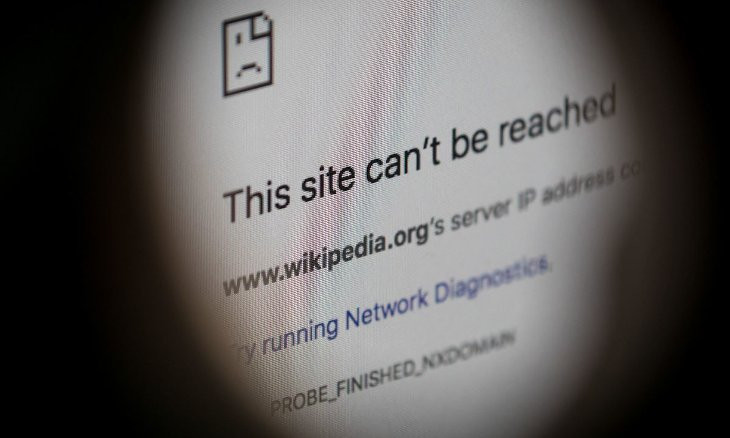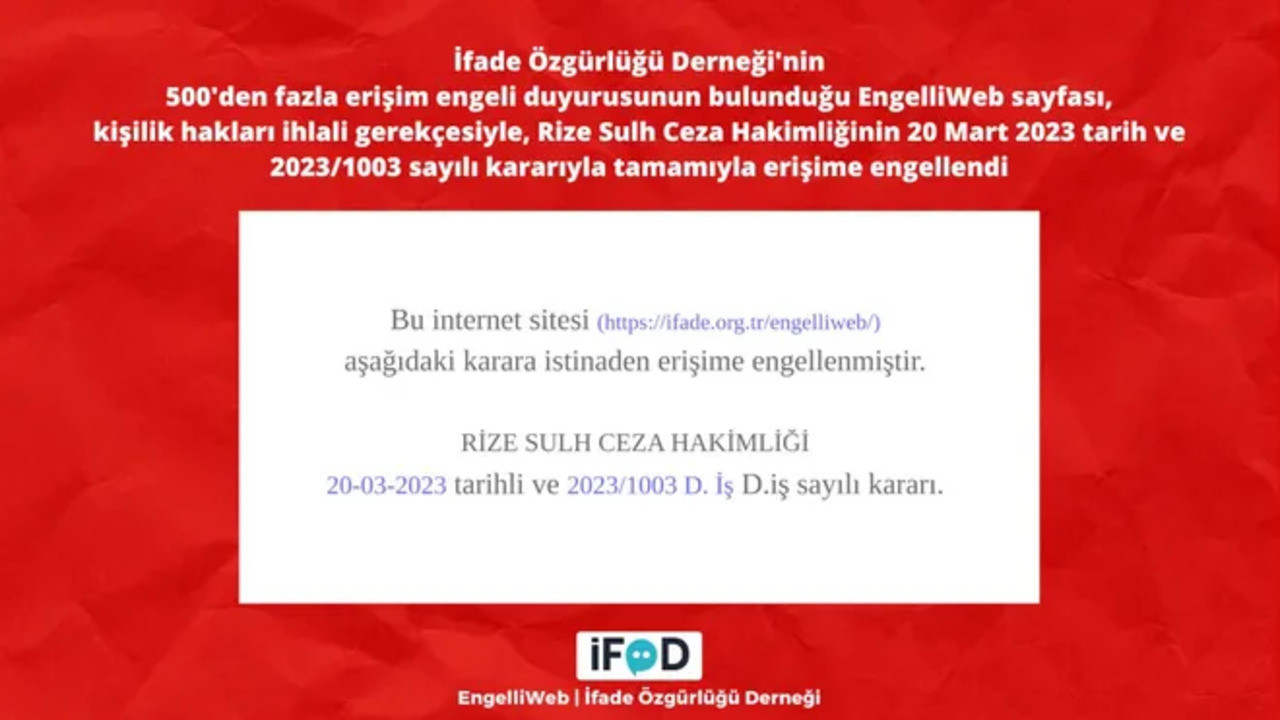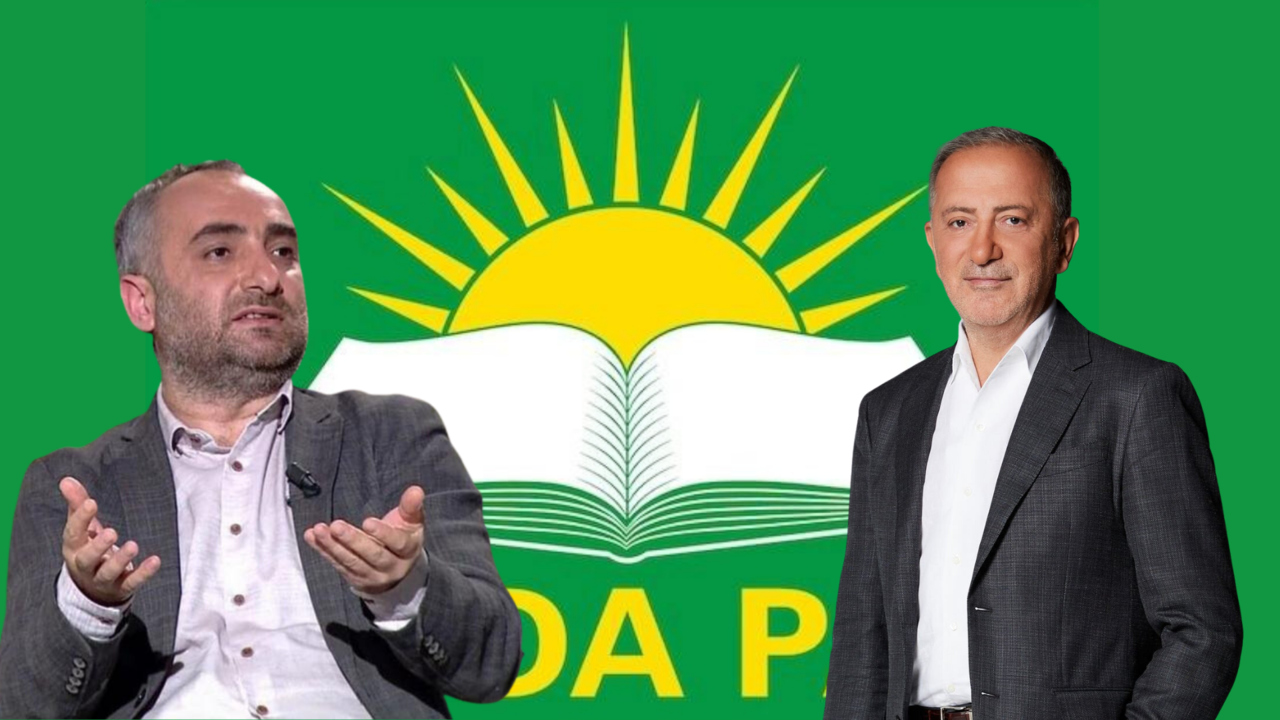Turkish government banned news about President and his family most in 2022: Report
The Turkish government in 2022 banned online news content about President Recep Tayyip Erdoğan, his family, or the AKP government the most, found Free Web Turkey’s Internet Censorship Report.
Duvar English
Free Web Turkey’s 2022 Internet Censorship Report found that the Turkish government banned access to 3,196 online news articles. The report also found that access to articles on President Recep Erdoğan, his family, and the AKP government was banned the most, with 1,770 such online news.
Accordingly, access to at least 40,536 URLs including domain names, news articles, social media posts, and social media accounts was banned with court rulings.
Among those, domain names were banned the most on the grounds of publishing content that was “adult, wager, scam, financial, or terror” themed.
Additionally, domains of 35 “oppositional websites” were banned from access with the motive of “protecting national security and public order.”
These “oppositional websites” include the likes of Etkin News Agency (ETHA), Mesopotamia Agency, Kızıl Bayrak ("Red Flag"), the Jin News, the daily Umut ("Hope"), Komün ("Commune") Journal, and Kaldıraç ("Lever") Magazine; outlets with editorial policies that did not agree with the governing ideology.
In the "other" category, at least 13 URLs were banned from access including the social media platform Tumblr, news outlet Deutsche Welle, and digital research projects Radio Garden and Havrita.
According to the content distribution of the at least 3,196 news items that were blocked from access, the most blocked news were allegations of corruption against the AKP government, President Recep Tayyip Erdoğan, and his family. Further down the list was the 402 content about Erdoğan's former lawyer Mustafa Doğan İnal. All content in this category was blocked from access upon İnal's request.
In October 2022, Turkish parliament passed the bill that criminalizes so-called “disinformation” spread online, which the opposition deemed as “censorship law.” The law carries a jail sentence of up to three years for anyone who spreads false or misleading information. The new law raised concerns of a further crackdown on media and opposition.

 Turkish government banned access to 137,000 websites in 2022Domestic
Turkish government banned access to 137,000 websites in 2022Domestic Turkish court blocks access to association project announcing banned websitesDomestic
Turkish court blocks access to association project announcing banned websitesDomestic Turkish court bans news reports on Hizbullah upon request of radical Islamist party HÜDA-PARDomestic
Turkish court bans news reports on Hizbullah upon request of radical Islamist party HÜDA-PARDomestic